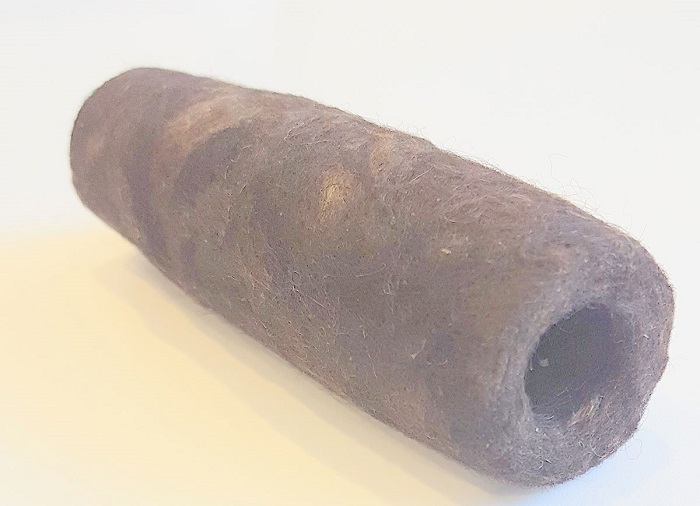The International Scientific and Technological Park of the Academy of Sciences of Turkmenistan is conducting experiments to study the possibilities of using a biological organic filter for wastewater treatment, the newspaper “Turkmenistan: The Golden Age writes.”
According to Meretmukhammet Khudaiberdyev, head of the laboratory of alternative energy sources technology and measuring instruments, most filters are made of synthetic organic molecules. Biofilters developed by Turkmen scientists are an environmentally friendly alternative to synthetic filters that can harm the environment.
“We have created a new highly porous filter form by combining pomegranate peel containing ellagic acid, processed sheep wool and other plant components,” says Khudaiberdyev.
 This innovative biofilter utilizes a filtration medium composed of plant-derived organic materials, including pomegranate peel and sheep wool. These natural components, when combined, create a highly porous structure that effectively removes various pollutants from water sources.
This innovative biofilter utilizes a filtration medium composed of plant-derived organic materials, including pomegranate peel and sheep wool. These natural components, when combined, create a highly porous structure that effectively removes various pollutants from water sources.
Wool fibers exhibit a complex three-layered structure: the cuticle, the epicuticle, and the cortex. The cortex constitutes the majority of the fiber, significantly influencing its physical and chemical properties. The presence of amino acids such as alanine, arginine, and aspartic acid within the wool fibers enhances their sorption capacity for metal ions.
Research findings indicate that this innovative biofilter has broad application potential across various sectors, including agriculture, oil, and pharmaceuticals. The biofilter effectively removes various pharmaceutical pollutants, metal ions, as well as both inorganic (soil, slag, inorganic salts, acids and alkalis) and organic substances (petroleum products, organic acids), including biological contaminants such as fungi and bacteria.///nCa, 22 January 2025
This post was originally published on here






